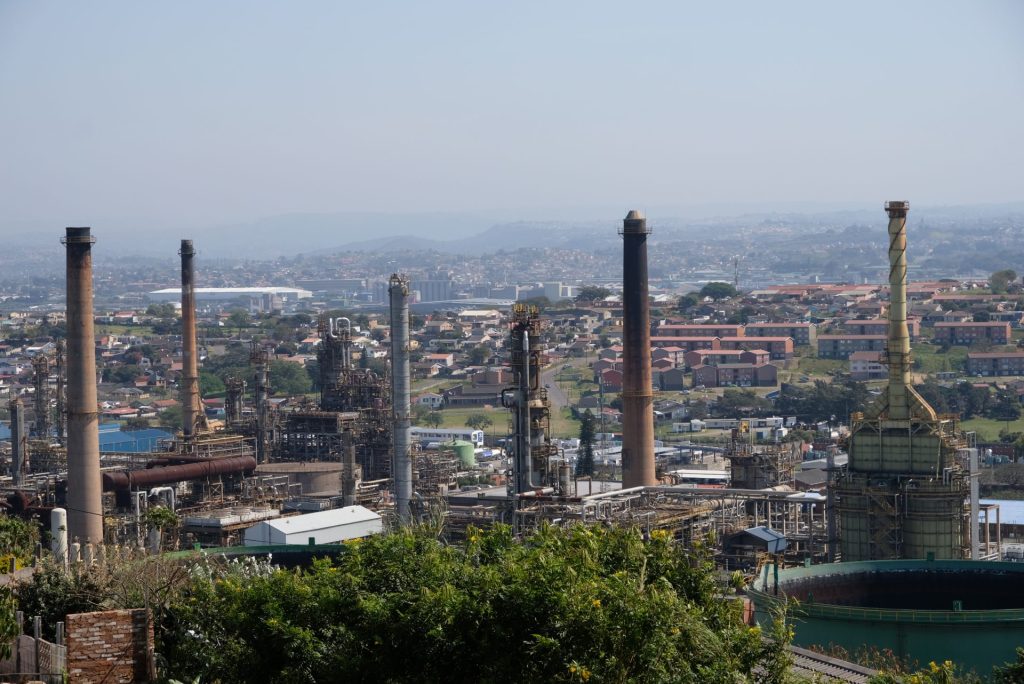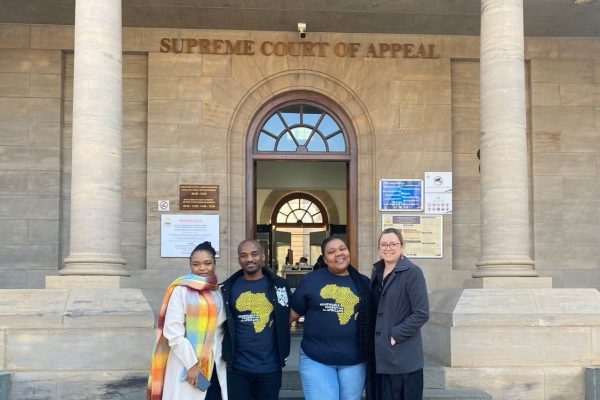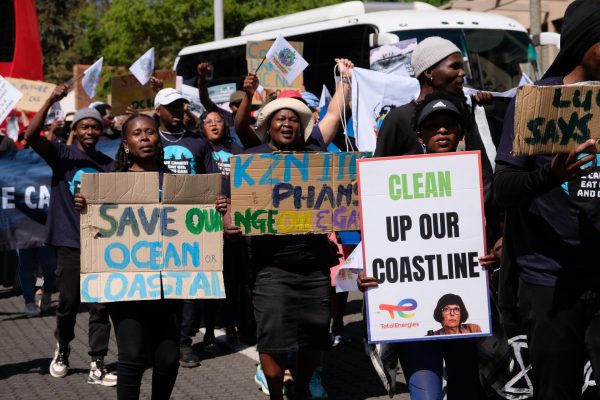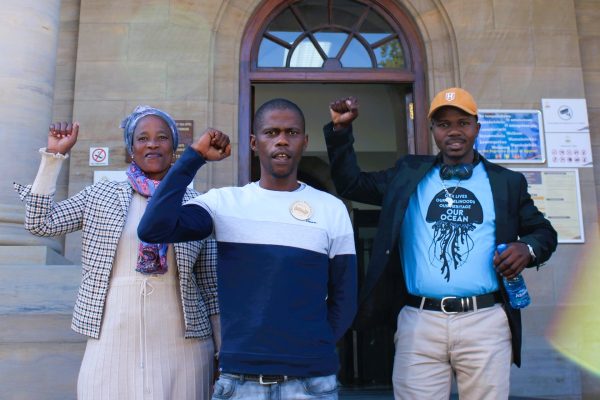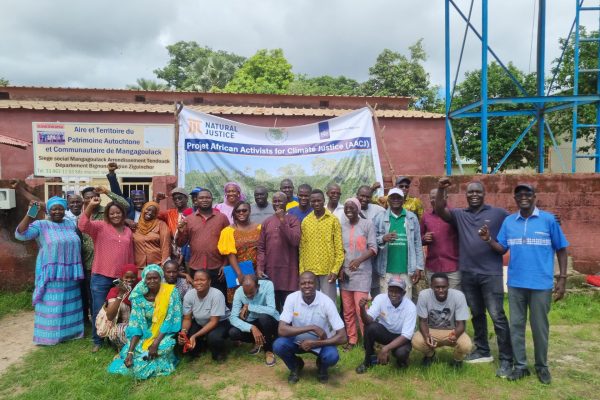Comments on the Draft Mineral and Petroleum Resources Development Act Amendment Bill
Natural Justice has submitted comprehensive comments on the Draft Mineral and Petroleum Resources Development Act Amendment Bill, 2025, highlighting critical gaps and opportunities for reforming the Bill.
The MPRDA is the main legislation governing the mining and petroleum sector in South Africa. This means that is has an important role to play in both the development of extractive projects, but also ensuring that these are aligned with the commitments of the country to development, as well as human and environmental rights obligations.
The MPRDA Bill represents a missed opportunity to advance transformative environmental and social justice. It shores up some technical aspects—particularly around environmental liability—but fails to shift the structural power imbalance that marginalizes communities and undermines participatory democracy.
While it nods to equity and sustainability, it does not embed these principles as enforceable rights. Legislative reform must go further to align with the Constitution, international human rights standards, and the lived realities of impacted communities. The omission of The Interim Protection of Informal Land Rights Act protections, climate obligations, and just transition architecture are not just technical gaps—they are political choices. And they must be challenged as such.
Key Issues Identified
A. Exclusion of Vulnerable Groups from Artisanal Mining
- The Bill recognizes artisanal and small-scale mining (ASM) but fails to incorporate the Artisanal and Small-Scale Mining Policy (2022).
- Application processes are exclusionary, lacking financial and procedural support for Indigenous Peoples and historically disadvantaged communities.
- Section 104 (preferential community mining rights) is omitted from ASM provisions.
B. Weak Definition and Implementation of “Meaningful Consultation”
- The term is introduced but not defined, lacking procedural safeguards.
- No binding standards for consultation with communities, especially those with informal land rights.
- The Bill does not align with Free, Prior and Informed Consent (FPIC) standards or jurisprudence from Maledu and Baleni cases.
C. Narrow Definition of “Interested and Affected Persons” (I&APs)
- Limits participation to those with direct legal interests, excluding NGOs, civil society, and communities with informal or customary land rights.
- Undermines democratic participation and environmental oversight.
D. Lack of Community Participation in Social and Labour Plans (SLPs)
- Communities are excluded from the design, validation, and monitoring of SLPs.
- No binding mechanisms for accountability, transparency, or financial provisioning in relation to compliance assurances and enforcement capabilities.
- Ignores findings from the SAHRC National Hearing (2016) on mining-affected communities regarding the regulation of social labour plans. Findings ignored include:
- A lack of adequate consultation and meaningful participation, including in relation to the absence of a requirement for consultation where an SLP is amended.
- Regulation of the content, scope and layout of SLPs remains unaddressed as they are not standardised across the industry. Although the DMR has produced SLP Guidelines aimed at assisting companies, these guidelines are not binding, resulting in the divergent quality and content between different companies.
- The design of SLP regulation under the MPRDA Bill continues to rarely into account the historical and cumulative social and environmental impact of mining operations as well as other industry activities within the area.
- Despite the commission finding in its 2016 hearing that the current SLP system does not adequately address the negative impacts of mining activities and the shortcomings in the design of, and compliance with. The proposed amendments to the MPRDA do not address the limitations of SLP to earnestly drive socio-economic transformation in mining affected communities.
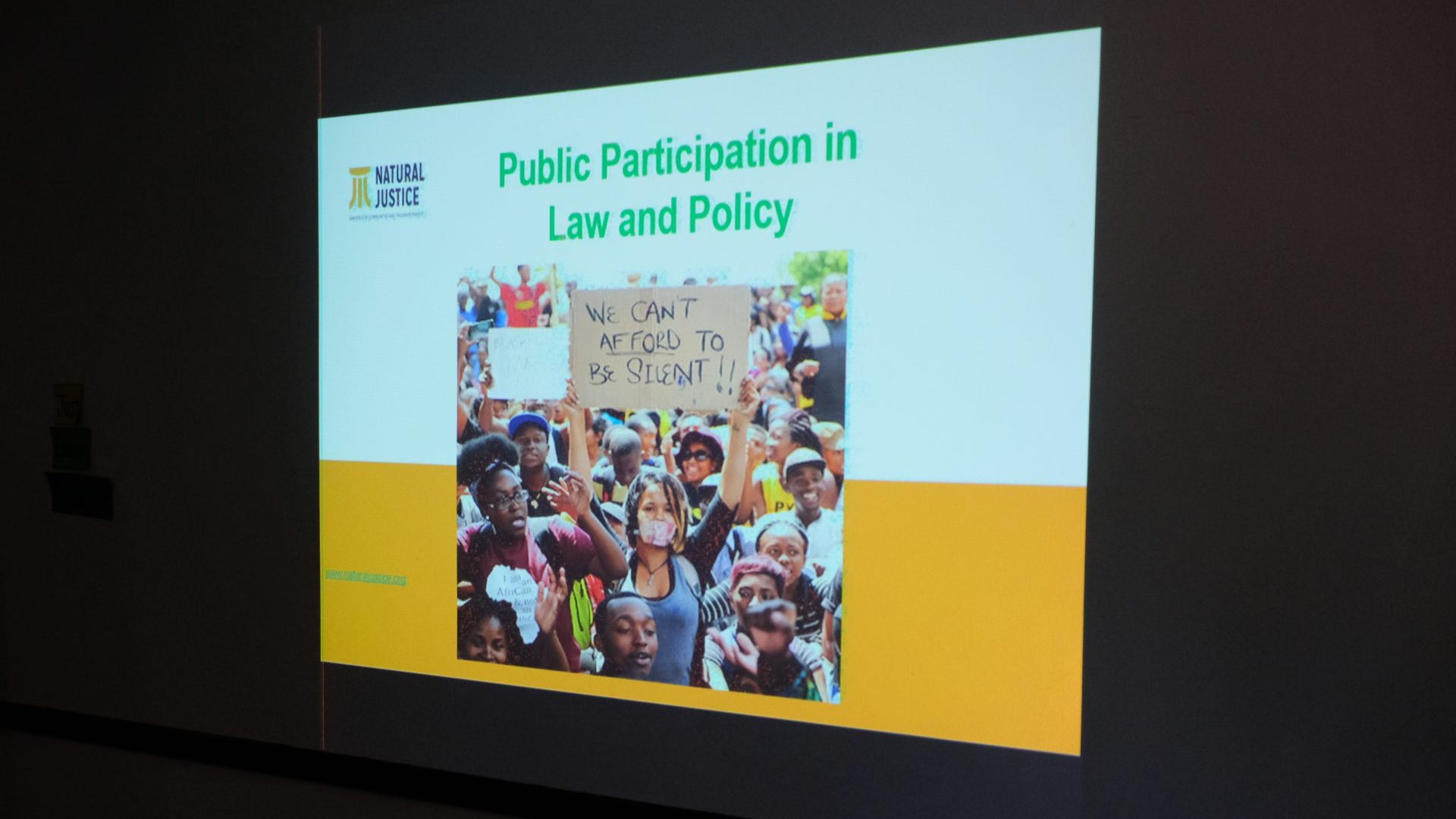
E. Misalignment with Climate Change Act (2024)
- No reference to carbon budgets, Greenhouse Gas (GHG) mitigation plans, or sectoral emission targets.
- Mining rights are granted without complete life cycle climate risk assessments or scope 1, 2 or 3 emissions disclosures.
- Contravenes obligations under the Climate Change Act and is likely poised to be misaligned with South Africa’s Nationally Determined Contributions (NDCs).
F. Inadequate Closure and Rehabilitation Provisions
- No community participation in closure planning or verification of rehabilitation.
- Closure certificates discharge liability without community oversight.
- Financial provisioning lacks transparency and ecological verification.
G. Undefined Custodianship and Accountability
- The role of the state as custodian of mineral resources is vague.
- No mechanisms for public accountability or enforcement of constitutional obligations.
- Fails to reflect Article 21 of the African Charter on Human and Peoples’ Rights.
H. Absence of Compensation Frameworks
- Section 54 lacks clarity on compensation for displacement and environmental harm.
- No provisions for proximate communities affected by mining operations.
Implications for Environmental and Climate Justice
- Environmental Justice: The Bill perpetuates unequal access to natural resources, fails to entrench sufficient safeguards in its legislative frameworks to protect ecological integrity for not only present generations but future ones as well, and excludes communities from decision-making.
- Climate Justice: Mining remains unregulated in terms of regulating and ensuring compliance as it pertains to climate impacts, likely undermining South Africa’s transition to a low-carbon economy.
- Human Rights-Based Development: The Bill does not uphold the rights of Indigenous Peoples, women, youth, and other vulnerable groups, nor does it align with international human rights standards.
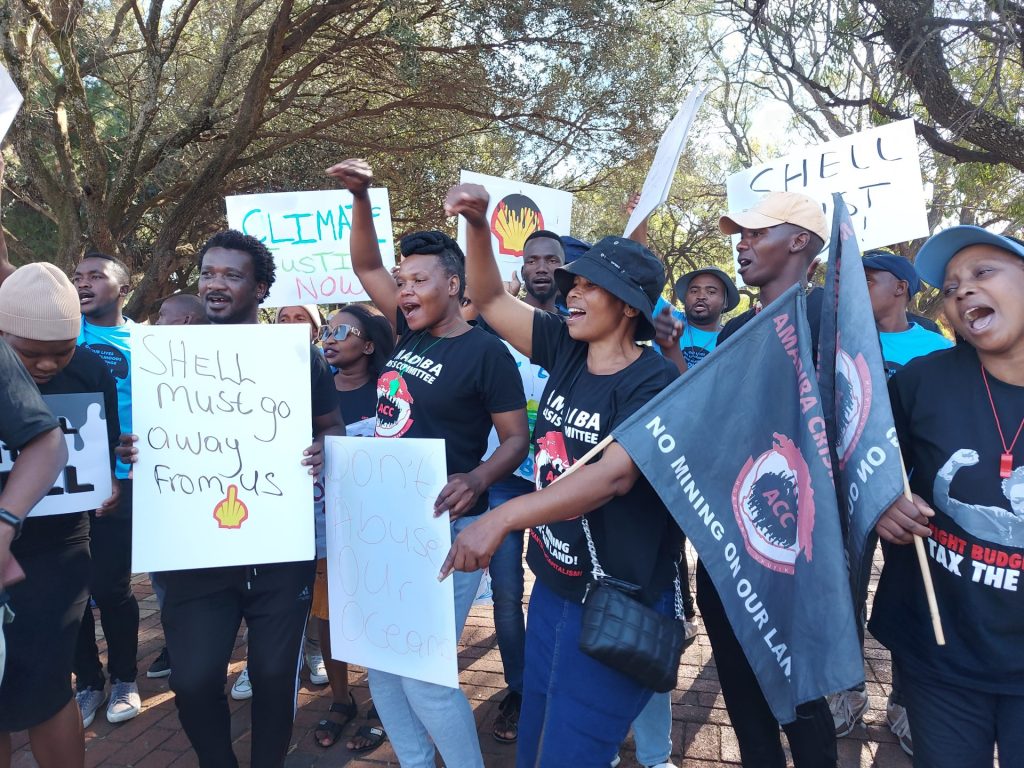
Advocacy Recommendations
Natural Justice calls for the following reforms to ensure the Bill aligns with constitutional and international obligations:
- Define and operationalize “meaningful consultation” with FPIC standards.
- Expand the definition of I&APs to include civil society, NGOs, and communities with informal land rights.
- Mandate community participation in SLPs, including validation, monitoring, and financial provisioning, as well as community verification of implementation, and independent audits.
- Align the Bill with the Climate Change Act, including GHG mitigation, emissions reporting, as well as mandate emissions disclosures and proof of alignment with national emission reduction targets under the Climate Change Act.
- Operationalize Intergenerational Equity: Require integration of climate risk and ecological thresholds into licensing decisions
- Establish community oversight in closure and rehabilitation processes, with binding verification mechanisms.
- Clarify custodianship and introduce accountability mechanisms for the state.
- Develop a compensation framework for displacement and environmental harm.
- Ensure gender-responsive and intersectional approaches to mining governance.
- Create a Public Mining Registry: Include licences, EMPrs, rehabilitation funds, and trust structures.
- Transition Mineral Regulation: Define and prioritize transition minerals for licensing reform, community access, and environmental oversight.
To find the full submission of Comments on the Draft Mineral Resources Development Bill, 2025 CLICK HERE.

